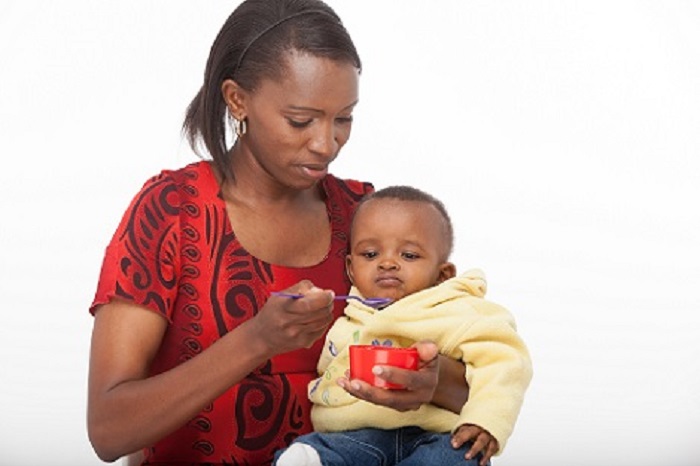Malnutrition: Gombe produces 30,000 cartons of complementary feeding
The Gombe State government on Tuesday unveiled 30,000 cartons of locally produced complementary feeding for management of moderately malnourished children in the state. Governor Muhammad Inuwa Yahaya unveiled the food at the opening ceremony of Science, Technology, Innovation, Agriculture and Mineral Resources Expo 2021 organised by the state’s Ministry of Science, Technology and Innovation. Kano […]

The Gombe State government on Tuesday unveiled 30,000 cartons of locally produced complementary feeding for management of moderately malnourished children in the state.
Governor Muhammad Inuwa Yahaya unveiled the food at the opening ceremony of Science, Technology, Innovation, Agriculture and Mineral Resources Expo 2021 organised by the state’s Ministry of Science, Technology and Innovation.
- Kano tomato, onion farmers, marketers lose big as blockade persists
- Kidnappers proposed to marry us — Freed schoolgirls
He said the initiative was aimed at reversing the rating of the state among those with high number of severely malnourished children as well as high infant and children mortality rates.
The governor added that his administration had reviewed upwards the budgetary allocation for production of complementary feeding by 150 percent to save the future of children and youths.
He assured of his administration’s commitment to promoting science and technology, agriculture and mineral resources development in the state, saying science, technology and innovation play a critical role in finding solutions to developmental challenges.
Earlier, the state’s Commissioner for Science, Technology and Innovation, Dr Aishatu Umar Maigari, commended the governor for supporting the ministry to produce the complementary feeding locally.
She added that the ministry was conducting a research into the production of high energy snacks for school children to deliver their mandate on nutrition.
The commissioner also revealed that the ministry was looking inwards by adding value to the agricultural sector through the production of compost manure from waste in the fruit markets.
